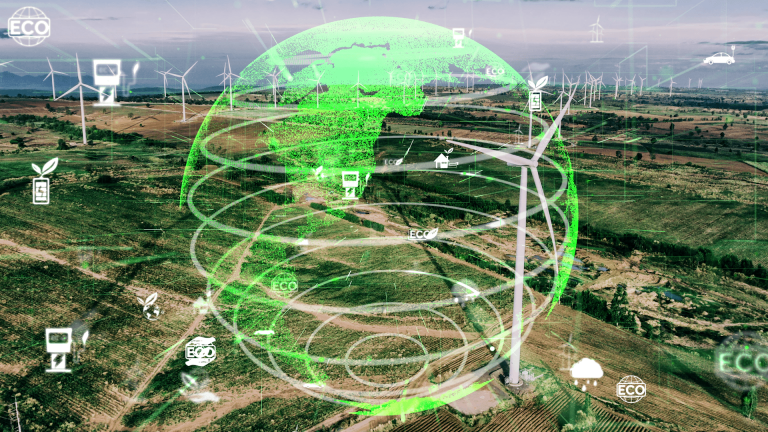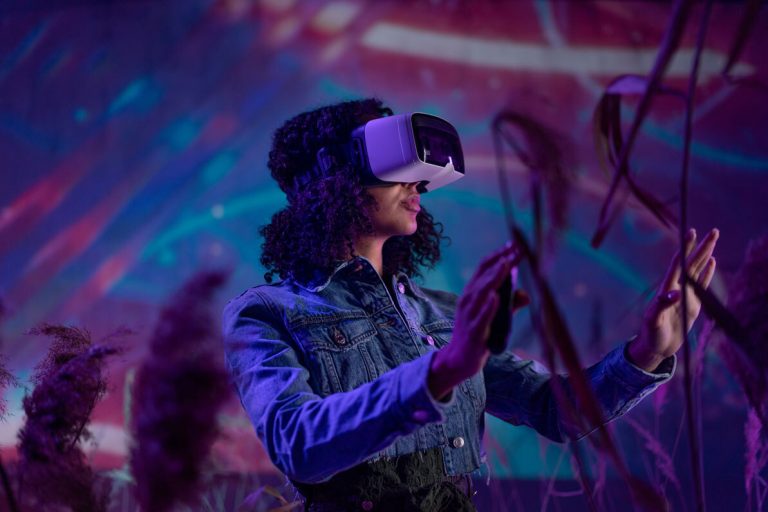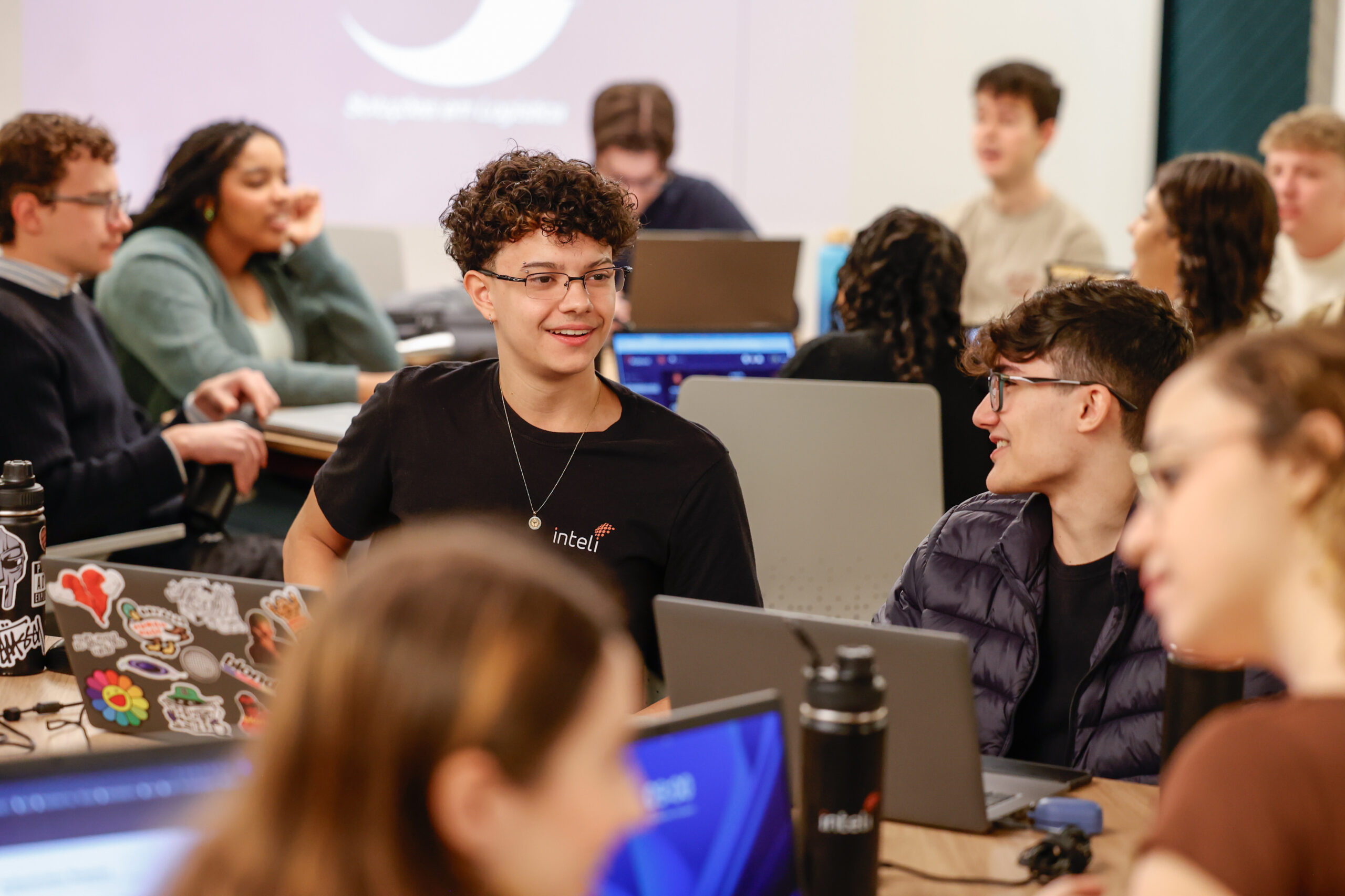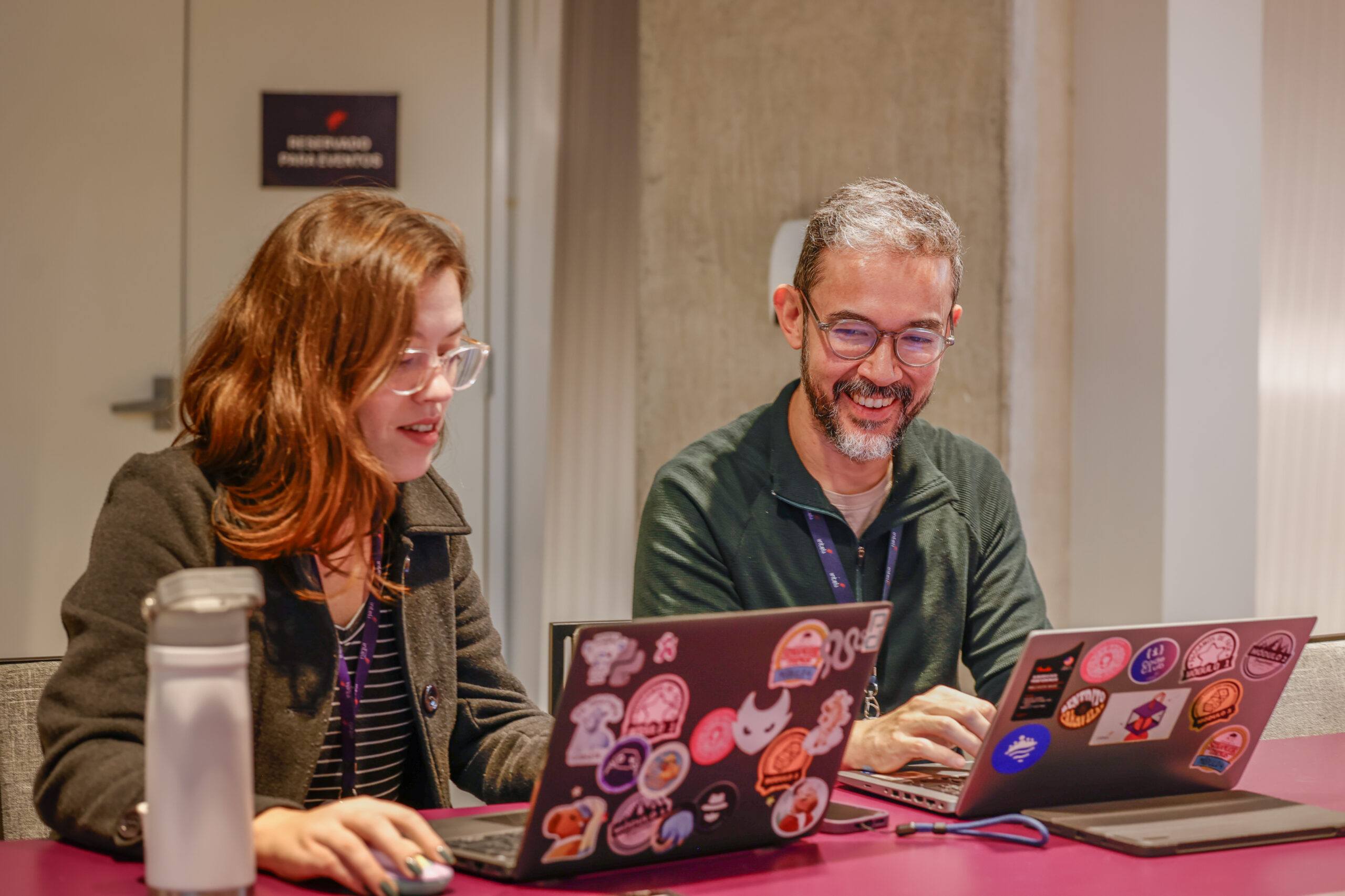Bernard Marr is a world-renowned futurist, influencer and thought leader in the fields of business and technology. In an article for Forbes, Marr points out the five technology trends for 2024.
And since here at Inteli we love to talk about the future, we asked our teacher and Linkedin "Top Educational Leadership Voice", Maurício Garcia, to comment on each of these trends. Let's go?
Generative AI
A PwC study estimates that AI could add up to US$15.7 trillion to the global economy by 2030.
As generative AI takes up more space in everyday tasks, it will become easier for people to see technology as a super-intelligent personal assistant at their disposal 24 hours a day, making us more efficient, faster and more productive.

Comment from Mauricio: The topic of AI dominated discussions in 2023. On the one hand, there are the enthusiasts who envision a completely different world, and on the other, those concerned about the risks of skynet domination. But there are also the cautious, like me, who see too much hype in these discussions. After all, AI still depends on statistics, which depends on data. And that's the main weakness of organizations.
Cybersecurity
Cyber threats are becoming more sophisticated. Research indicates that one in two companies has been the victim of a successful cyberattack in the last three years, and the cost of these attacks to industry is expected to exceed US$10 trillion by the end of 2024.
As a result, the competition to launch new solutions, taking advantage of innovative technologies such as artificial intelligence, will intensify even more.

Comment Mauricio: Every year, attacks get more complex, but easier to implement. There are complete courses on YouTube on how to be a hacker and ready-made frameworks that make life easier for beginners. However, the main vulnerability remains people, who leave systems open, access them from anywhere, use weak, repeated passwords or even share them with others.
Sustainable Technology
Sustainable technology will continue to play a leading role in 2024, driven by global efforts to achieve carbon neutrality targets. Innovations such as carbon capture and renewable energies are set to gain prominence.
The circular economy, incorporating durability and reuse, will become crucial in product design. Challenges will include the search for ethical and sustainable methods of sourcing materials, adapting infrastructure to changing consumption patterns and paying attention to greenwashing.

Comment Mauricio: The discussions about ChatGPT and other AIs have ended up overshadowing the debates about greentech. But this is a race to the bottom and will be the dominant theme over the next few years. Greentech not only encompasses software development, but also hardware technologies, especially those involving IoT, and everything that orbits around new energy sources, especially hydrogen and nuclear fusion.
Phygital
The real and the digital are becoming increasingly intertwined. Technologies such as augmented reality (AR), virtual reality (VR) and the immersive internet are breaking down the barriers between the physical world and the digital realms where we spend more and more of our time.
In 2024, we will continue to see a diminishing distinction between the real and virtual worlds. This means that the digital is becoming more and more realistic, while the real is becoming as flexible and malleable as the digital.

Mauricio's comment: Personally, I don't have high hopes for immersive experiences. We've been talking about VR, AR, XR for some time and they haven't taken off, even with the hype of the metaverse, which left the scene as quickly as it entered. Apple's glasses (Vision Pro) are still a mystery. For me, the phygital world will be more of a combination where sometimes people meet physically and sometimes remotely.
Quantum Computing
By exploiting the principles of quantum physics, such as entanglement and superposition, quantum computers, with their qubits, have the potential to revolutionize areas such as drug discovery, genomic sequencing, cryptography, meteorology, materials science and the optimization of complex systems.

Investors, especially in the financial sector, are looking to leverage AI for fraud detection and high-frequency trading. Quantum computing is emerging as a powerful tool for tackling global challenges.
Comment Mauricio: There is no doubt that quantum computers will have absurdly higher processing capacity than conventional computers. However, it still faces two major challenges: accuracy and cost. Even if it is 99.99% accurate, the 0.01% error, on a quantum scale, is still very significant. What's more, it takes dozens of people, many of them PhDs, to operate such equipment on a gigantic infrastructure. But it's worth following.




